

This event is over. See upcoming events
10:00 AM - 5:00 PM (UTC+5.5)
Symposium On Vedic Dialogues
SPEAKERS
-
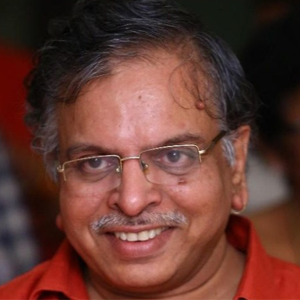
Dr Nagaraj Paturi
Dean IKS, INDICA
-
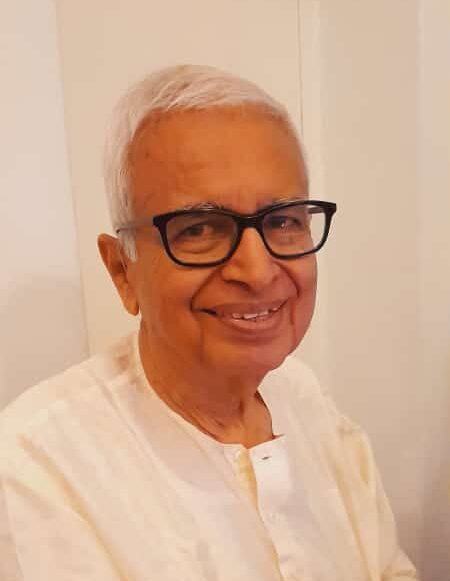
Prof. V. N. Jha
Eminent Scholar & Specialist of Various Branches of Sanskrit Learning
-

Dr. Shankar Rajaraman
Associate Professor, Centre for Ancient History and Culture, Jain University, Bangalore
-

Prof. N. K. Sundareswaran
Professor, Department of Sanskrit, University of Calicut, Kerala
-
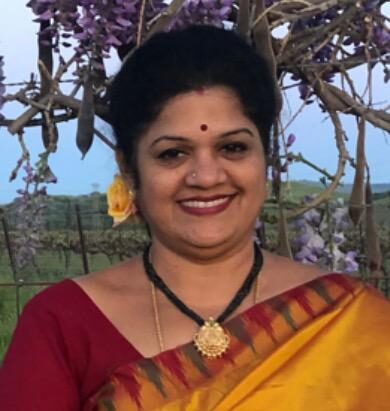
Dr.Sumitra Veluri Professor
Professor, Department of Kuchipudi Dance, University of Silicon Andhra
-
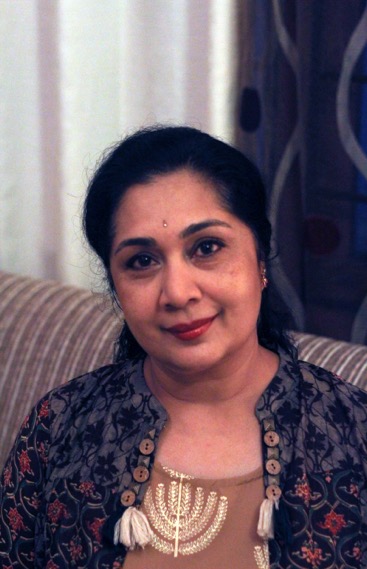
Dr. Sharda Narayanan
Teacher and Researcher in Indian Philosophy & Literary Traditions
-
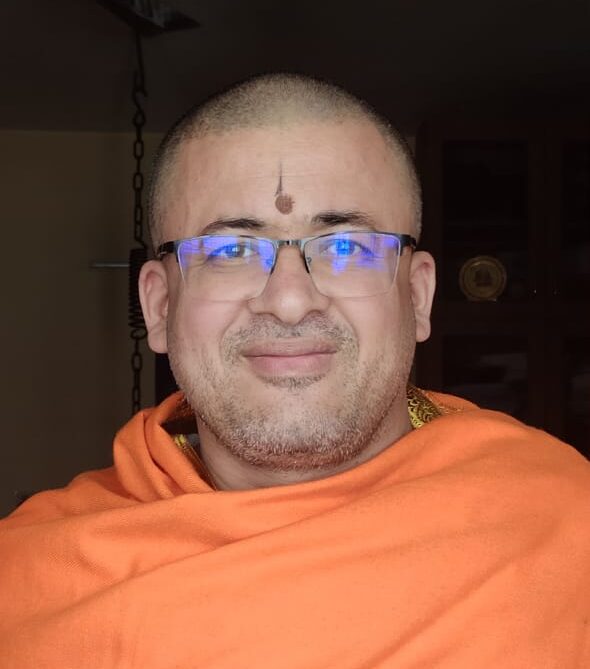
Prof. Veeranarayana N K Pandurangi
Professor & Dean, Vedanta Faculty, Karnataka Samskrit University, Bengaluru
-
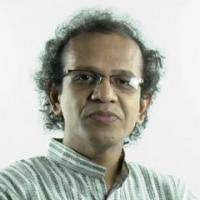
Shatavadhani Dr.R Ganesh
Categories:
Contact
Dialogue is recognized as a genre of literature in the West, where it is traditionally used as a philosophical or didactic device. The ‘Socratic Dialogue’, originating from Plato’s works, is considered the earliest example of this genre. However, the significant role of dialogue in the Vedic tradition, beginning with the ‘Dialogue Hymns’ of the Rig Veda, is not sufficiently recognized and studied. The Sanskrit word ‘Samvaada’, found in Vedic and classical Sanskrit literature as well as in regional Indian Sankritic literary terminology, denotes this concept. Notably, ‘Vaada’, meaning debate, which is crucial in the research, pedagogical, and evaluative traditions of Sanskrit shaastric tradition, is considered a sub-category of Samvaada in Nyaaya shaastra, where the methodology of the theory and practice of vaada is thoroughly established. Interestingly, many Sanskrit and regional Indian language texts are composed as dialogues between a king and a sage, a sage and a group of sages, or, in numerous books, between Shiva and Parvati, or in some texts, between Krishna and Rukmini. Samvaada, or dialogue, forms a significant category of episodes in Itihasas, Puranas, and Kavyas. These dialogue-form texts or dialogue episodes are structured as question and answer sessions, tests, or debates, and are integral to traditional folk and classical Indian performing arts. In these genres, items named Samvaada either constitute an entire text or a significant lyrical category.
Earlier , INDICA organized a symposium on Vaada, the Vedic Debate which is a sub-genre of Samvaada, the Vedic Dialogue.
INDICA is now organising a symposium to highlight this widespread and vitally significant aspect, Samvaada of Vedic texts and Vedic Knowledge Systems. The symposium will feature enlightening talks by exceptionally learned scholars on various aspects of this topic.
#SCHEDULE#
| Time | Name | Title |
| 10.00-10.15AM | Dr. Nagaraj Paturi Dean IKS, INDICA |
Welcome Address |
| 10.15-10.30AM | Prof. V. N. Jha Eminent Scholar & Specialist of Various Branches of Sanskrit Learning |
Inaugural Address: Samvada In Nyaya |
| 10.30-11.15AM | Dr. Nagaraj Paturi Dean IKS, INDICA |
Dialogical Vedic Texts As Tools Of Interactive Text Composition |
| 11.15AM-12.00PM | Dr. Shankar Rajaraman Associate Professor, Centre for Ancient History and Culture, Jain University, Bangalore |
Saṃvāda In The Vakrokti Genre Of Poetry With Special Reference To Sītārāvaṇasaṃvādajharī And Vakroktipañcāśikā |
| 12.00-12.45PM | Prof. N. K. Sundareswaran Professor, Department of Sanskrit, University of Calicut, Kerala |
Praśna And Atipraśna In The Vedic Literature |
| 1.30-2.15PM | Dr.Sumitra Veluri Professor, Department of Kuchipudi Dance, University of Silicon Andhra |
Kuchipudi Samvaada Daruvus As Popular Form Of Vedic Dialogues |
| 2.15-3.00PM | Dr. Sharda Narayanan Teacher and Researcher in Indian Philosophy & Literary Traditions |
Important Dialogues In Sanskrit Drama |
| Prof. Veeranarayana N K Pandurangi Professor & Dean, Vedanta Faculty, Karnataka Samskrit University, Bengaluru |
Dialogue Between Agastya And Lopamudra (Rg.I. 179) | |
| 3.45-4.30PM | Shatavadhani Dr.R Ganesh | Conversational Verses In Sanskrit And A Few Other Languages |
| 4.30-5.00PM | Dr. Nagaraj Paturi Dean IKS, INDICA |
Closing Remarks & Vote Of Thanks |